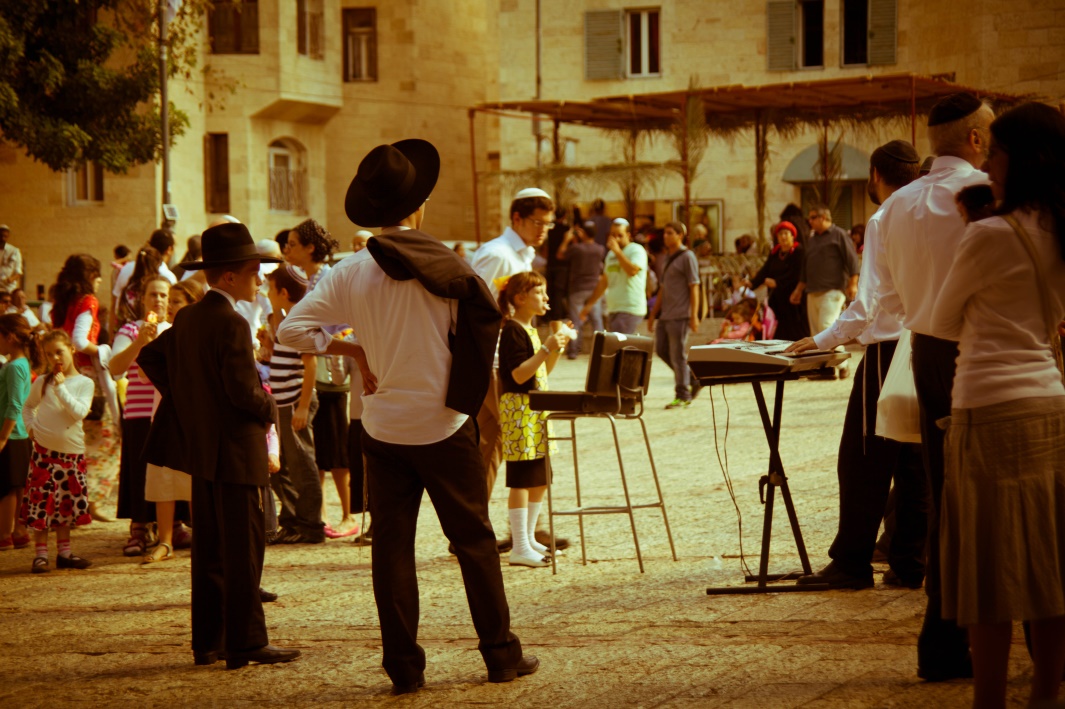
We are approaching the last of the Biblical feasts in the annual cycle, Sukkot and the Eighth Day. These feasts are part of the fall feasts starting with Yom T’Ruah, Yom Kippurim and then Sukkot, followed by the Eighth day. You can read about the fall feasts in the article Preparing for the Fall Feasts.
We have written a number of articles already that covers the basics of this feast. If this is new to you, you should start by reading Sukkot – The Basics. This article covers all the basic instructions for this feast. Sukkot is also one of the three annual pilgrimage feasts where we should go up to Jerusalem, the place YHVH chose to put His name.
So often we hear the question about the reason of keeping the feasts. The answer to this is really simple; YHVH instructed us to do it! Yet, once you have celebrated the feasts a couple of times, it is good to reflect a bit on how we benefit from obeying His voice. YHVH gives us these appointments for a reason; sometimes more than one reason. In many cases we will only discover these benefits once we have celebrated the feast a couple of times.
In this article we specifically want to highlight how the celebrations of the feasts of Sukkot and the Eighth Day has shaped us. Hopefully this will convince you to celebrate this feast, or if you are already keeping it, to share with us how you have benefited from this appointed time.
Living in temporary dwellings stretches us
Sukkot is also known as the Feast of Booths/Tents/Dwellings. It is the feast that requires us to live in temporary accommodation for seven days. We are to do this to remind us how the sons of Israel lived in Booths when they left the slavery of Egypt.
Leviticus 23:42–43
42 ‘You shall live in booths for seven days; all the native-born in Israel shall live in booths, 43 so that your generations may know that I had the sons of Israel live in booths when I brought them out from the land of Egypt. I am YHVH your Elohim.’ â€
Once you have lived in a temporary dwelling for seven days for a couple of times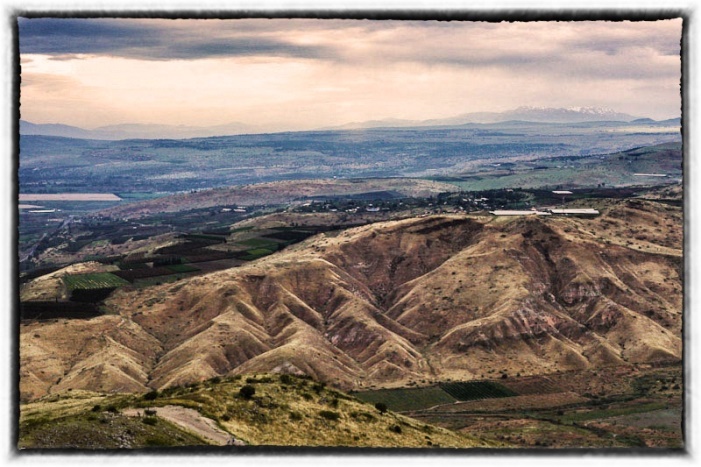 , you will know that the discomfort brings out a number of your weak points. If you are sleep deprived (because of not getting good sleep or staying up way too late) you start reacting to the smallest of triggers. Things that would not normally bother you too much, simply drives you crazy!
, you will know that the discomfort brings out a number of your weak points. If you are sleep deprived (because of not getting good sleep or staying up way too late) you start reacting to the smallest of triggers. Things that would not normally bother you too much, simply drives you crazy!
In this process, you learn a new level of “love your brother as yourself.†We have recorded our experiences on this point in the article “Lessons from Sukkot.â€
Going up extends your network
Most people make an annual camping event of Sukkot with fellow believers. Whether you do it in Jerusalem, or in the country you reside, most people end up spending time with people they do not meet on a regular basis.
This is one of the benefits that we have seen in keeping Sukkot with other believers. You have the wonderful opportunity to connect, or reconnect, with people you do not normally spend time with. The fellowship we experience with these people is a huge blessing. It allows us to get new input and insights into our lives. We share our trials and tribulations with one another and in the process, we have renewed strength that allows us to walk the ways of YHVH.
The long term benefit of attending these celebrations on a regular basis is that it allows us to create a support network that spans much wider than our home community. Not saying that the home community is not good, but in this case it is really “the more, the merrier.†In challenging times we need all the support we can get. We also need people with a different view on the issues we are dealing with. This is what a larger personal network of fellow believers can bring to you. Paul advised his followers to keep on encouraging one another.
1 Thessalonians 5:11
Therefore encourage one another and build up one another, just as you also are doing.
The author of the Epstile to the Hebrews gives the same advice.
Hebrews 10:23–25
23 Let us hold fast the confession of our hope without wavering, for He who promised is faithful; 24 and let us consider how to stimulate one another to love and good deeds, 25 not forsaking our own assembling together, as is the habit of some, but encouraging one another; and all the more as you see the day drawing near.
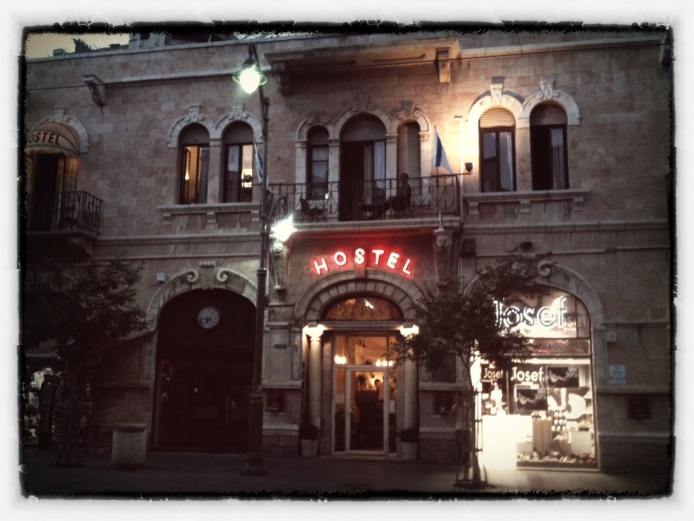 Since we became obedient and started to celebrate this feast, we have been introduced to lots of wonderful people this way. We have celebrated Sukkot in a number of places, but have now come to the knowledge that we need to go to Jerusalem for the pilgrimage feasts. Since doing this, we have met with fellow believers from all over the world. Our network of friends now includes people from New Zealand, to Singapore, to Israel, to several European countries, the United Kingdom, Canada, the United States and Panama. We have been blessed with all these wonderful people in our lives because we were obedient to His commandments. We obeyed His instructions and He has rewarded us with people that can encourage us when we need it.
Since we became obedient and started to celebrate this feast, we have been introduced to lots of wonderful people this way. We have celebrated Sukkot in a number of places, but have now come to the knowledge that we need to go to Jerusalem for the pilgrimage feasts. Since doing this, we have met with fellow believers from all over the world. Our network of friends now includes people from New Zealand, to Singapore, to Israel, to several European countries, the United Kingdom, Canada, the United States and Panama. We have been blessed with all these wonderful people in our lives because we were obedient to His commandments. We obeyed His instructions and He has rewarded us with people that can encourage us when we need it.
The pilgrimage feasts also have some more benefits.
Pilgrimage feasts teach us about planning
One of the skills that you develop with the Sukkot is the skill of planning. If you need to provide for yourself and your family for 7 days, you need to think clearly and logically about what to take and what to leave behind. Nobody has unlimited space to take everything with when they go for their annual Sukkot celebration. Thus, you are forced to plan carefully.
Especially when you need to fly to your destination. Going up to Jerusalem with a family of four initially seemed like a huge challenge. How do you take all you need to dwell in a tent, including the tent with you? Each person has a maximum of 20kg of luggage. The first year we went to Jerusalem for Sukkot we really suffered under our own luggage. By the time you do it for the fourth or fifth year in a row, you have some space to spare in your luggage. This will be a key skill when we need to ready ourselves for the second exodus. There is a plan behind all these things that we learn.
Isaiah 11:11–12
11 Then it will happen on that day that YHVH Will again recover the second time with His hand The remnant of His people, who will remain, From Assyria, Egypt, Pathros, Cush, Elam, Shinar, Hamath, And from the islands of the sea. 12 And He will lift up a standard for the nations And assemble the banished ones of Israel, And will gather the dispersed of Judah From the four corners of the earth.
The new moon calendar also adds a bit to the challenge. We never know exactly when the seventh month will start. Thus, you cannot book your flights months in advance. Of course you can go for the extreme and extend your stay to include all the possible start and end dates of the feast. You will however soon learn that this costs you a lot of money and reduces the funds you have to come up for all the feasts. We have been taught this skill the hard and expensive way. We have learned that you need to take many things into consideration. Not only the Biblical New Moon calendar, but also the Jewish Hillel 2 calendar. You do not want to arrive in Israel on their Yom Kippurim. You will either be stuck at the airport until sunset or have to pay an Arab taxi driver a lot of money to get you to your hotel. The same with your home flight. You need to keep all the feast dated in mind when booking your flights and travel.
The feast of ingathering makes us dependent
Sukkot is also called the “Feast of Ingathering†that we are celebrating at the end of the year. It is not the third feast of the year, but at the end of the year.
Exodus 23:16
“Also you shall observe the Feast of the Harvest of the first fruits of your labors from what you sow in the field; also the Feast of the Ingathering at the end of the year when you gather in the fruit of your labors from the field.
Leviticus 23:39
‘On exactly the fifteenth day of the seventh month, when you have gathered in the crops of the land, you shall celebrate the feast of YHVH for seven days, with a rest on the first day and a rest on the eighth day.
From Exodus we see that we are supposed to bring to YHVH the fruits of our labors during the feasts of Weeks, Shavuót and during the feast of Ingathering, Sukkot. This was due to the agrarian cycle of the people in Israel. They had two times a year when they gather from the land. During the spring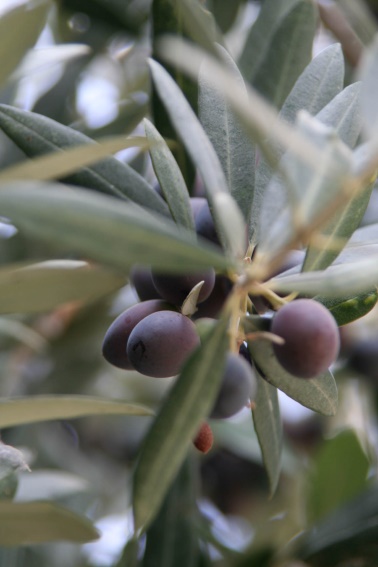 season they gathered the barley and the wheat from the land. During the fall the fruits like figs, pomegranates, grapes and other fruit were gathered from the land and bought to the temple. It was supposed to be the best of the crop that is offered to YHVH. Our modern application for this is to tithe 10% of what we earn to YHVH. If you would like to read some more about tithing, please read our article – Tithing, give unto YHVH what is due to Him. In the third and the sixth year we have the addition of the third year tide, that is over and above our normal tithe. You can read more about the third year tithe in The third year tithe, a test of faithfulness
season they gathered the barley and the wheat from the land. During the fall the fruits like figs, pomegranates, grapes and other fruit were gathered from the land and bought to the temple. It was supposed to be the best of the crop that is offered to YHVH. Our modern application for this is to tithe 10% of what we earn to YHVH. If you would like to read some more about tithing, please read our article – Tithing, give unto YHVH what is due to Him. In the third and the sixth year we have the addition of the third year tide, that is over and above our normal tithe. You can read more about the third year tithe in The third year tithe, a test of faithfulness
We have learned from this is that it is the way that we are tested to see how much we rely on YHVH for provision and how much we rely on our own works. When you are giving away 30% of your annual income while trying to prepare for a sabbatical year, you really see the test in your faith. All we need to do here is to remind ourselves that our Elohim is faithful to His promises.
Numbers 23:10 – ESV
YHVH is not man, that He should lie, or a son of man, that He should change his mind. Has He said, and will He not do it? Or has He spoken, and will He not fulfill it?
YHVH has promised us that He would take care and we now need to start living that promise.
Jeremiah 29:11–13
11 ‘For I know the plans that I have for you,’ declares YHVH, ‘plans for welfare and not for calamity to give you a future and a hope. 12 ‘Then you will call upon Me and come and pray to Me, and I will listen to you. 13 ‘You will seek Me and find Me when you search for Me with all your heart.
Leviticus 25:19–22
19 ‘Then the land will yield its produce, so that you can eat your fill and live securely on it. 20 ‘But if you say, “What are we going to eat on the seventh year if we do not sow or gather in our crops?†21 then I will so order My blessing for you in the sixth year that it will bring forth the crop for three years. 22 ‘When you are sowing the eighth year, you can still eat old things from the crop, eating the old until the ninth year when its crop comes in.
Please note that the last Scripture does not relate to the Jubilee year, as is often thought, but to the Sabbatical year. If it was referring to a Jubilee, there would be no sowing in the eight year. In this Scripture our Father is telling us that He will provide for us if we are faithful to His commandments. If we then believe that Numbers 23:10 is true, we should be able to relax a bit and know that our provision is in His hands and it is guaranteed. It may not always come in the form that we would expect or prefer, but it will be there.
His feasts show us circular patterns
When you have kept the complete feast cycle for a number of years, you also start to realize the wonderful teaching aid that it provides. When studying the Bible, most of us originally struggle with really getting the context of what we are reading. The most difficult change to make is the switch to circular thinking. Most of us have grown up in a Western mindset that requires one clear answer for every question. Once we get the answer, we move to the next question.
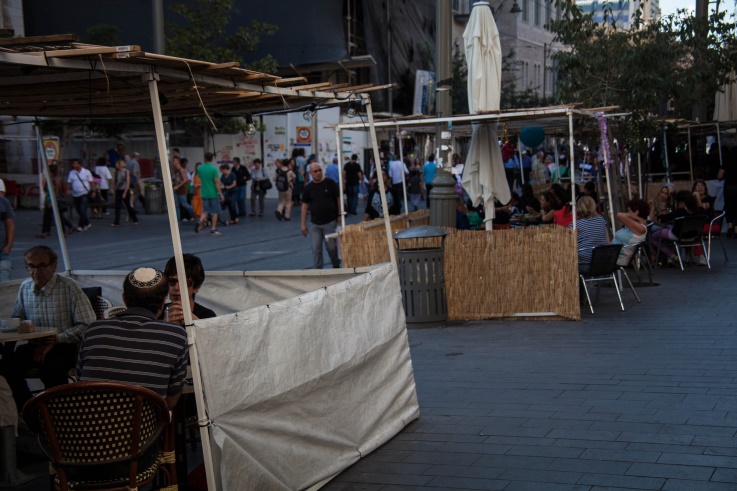 When you start to study Scripture in detail, you realize that this does not always work. We start to find two different answers to the same question. How do we reconcile this? The Western mindset will tell us that one of the answers must be wrong. This is where we need to start appreciating the circular reasoning pattern. Sometimes we are given two answers simply to keep us thinking, talking and studying the topic. Why do we see so many questions answered with another question? It is to make the initial person think about what he is asking. If you really think what you are asking, you are normally more than halfway to the answer.
When you start to study Scripture in detail, you realize that this does not always work. We start to find two different answers to the same question. How do we reconcile this? The Western mindset will tell us that one of the answers must be wrong. This is where we need to start appreciating the circular reasoning pattern. Sometimes we are given two answers simply to keep us thinking, talking and studying the topic. Why do we see so many questions answered with another question? It is to make the initial person think about what he is asking. If you really think what you are asking, you are normally more than halfway to the answer.
This is where the Eight Day feast also fits in. It is the last feast recorded in Leviticus 23. (Read more about the Eighth Day in our article – Sukkot – the Eighth Day.) Yet, if we look at the number eight in Scripture, it normally points us towards a new beginning. This implies that the last feast of the year is also a new beginning. How beautiful a pattern is that! YHVH’s feasts are not designed to start and end. He designed them to be a perpetual cycle. This makes it simpler for us to remember if we really pay attention. If we now have the discussion about when does the year start, we see the answer provided in the feast cycle. How could we have the last feast in His cycle at the beginning of the year?
Conclusion
When we start obeying YHVH, we never know exactly how it will impact us. Sometimes the benefits are obvious, but other times the benefits become apparent once we have kept the commandment for a while. Keeping the feast of Sukkot the way YHVH intended it has numerous lessons installed for us. We realize these lessons in our lives if we make the feast a habit. Keeping the commandment over and over allows these benefits to grow in us.
These types of lessons are what we learn when we live the feasts rather than just studying them. We need to get out there and simply do what YHVH expects from us. Then His wonder will become apparent to us. He has a method behind all these things. His commandments are there to benefit us, not to be a burden that needs to be avoided. He wants us to develop these skills and characteristics in order to prepare us for the plan He has for us.









Leave a Reply